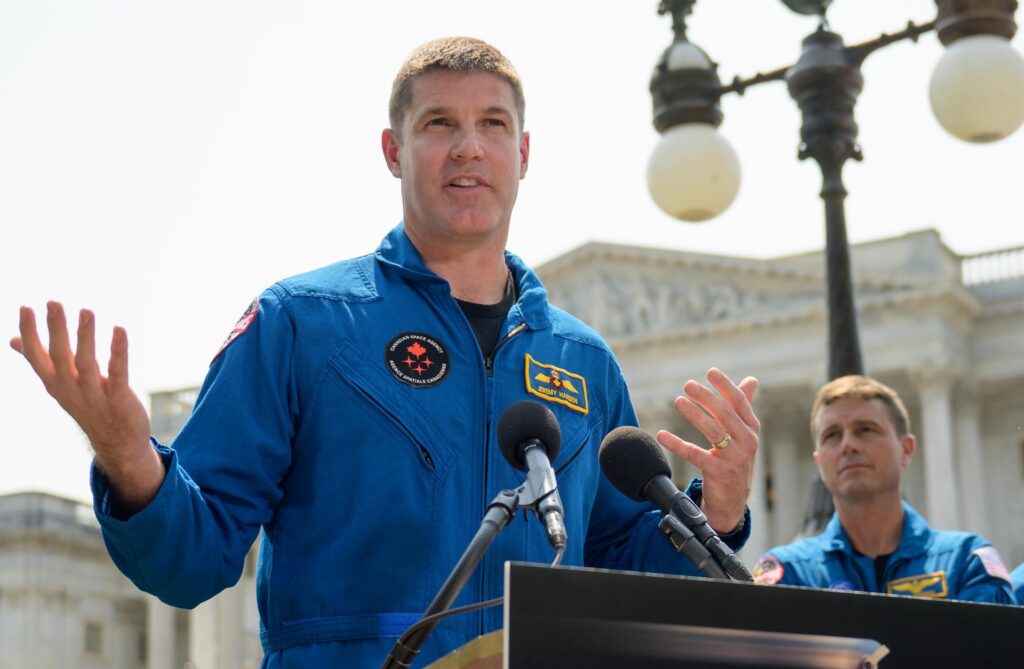
Ask Canadian Space Agency astronaut Jeremy Hansen your questions about going to the Moon
Astronaut Jeremy Hansen will become the first Canadian to venture to the Moon – but first, he’s stopping by UBC (virtually) to answer your lunar questions.
Mar 26, 2024